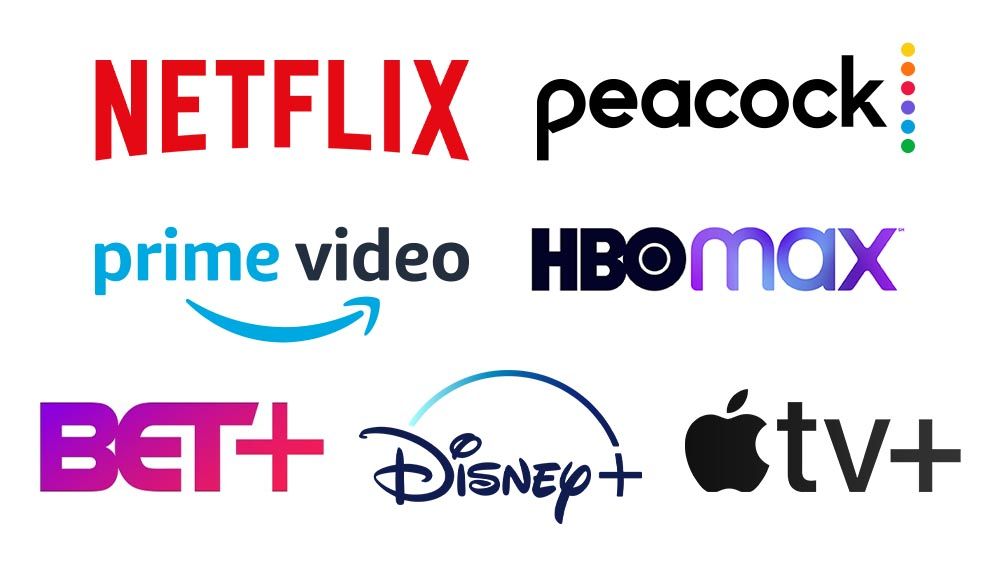What's Movie Success in The Streaming Era?

James Gunn's The Suicide Squad was released this past weekend to disappointing box office results of just $26.5 million in the US. There are a lot of mitigating factors for this though. The pandemic, of course, the surge in new cases due to the Delta variant and the unvaccinated, and the same-day release on HBO Max. The pandemic related factors and the availability of a free at-home viewing was the perfect recipe for a lower box office return.
Yet in film circles, the question of whether the movie is a flop has been raised. Other movies released with this streaming + theatres strategy like Black Widow have also had disappointing results. Many seem to now believe that it's clear that the streaming + theatre strategy has failed. And if you're judging solely based on box office results that's right.
But times have changed.
The Streaming Era

Since Netflix started producing original content other content studios have looked enviously at its business model. A direct to consumer relationship with no pesky theatres to take a share of the returns. And you're free to experiment with your release strategy as much as you like.
In recent years every major studio has launched a streaming service. Disney+ and HBO Max are the most notable from traditional Hollywood behemoths. They've both quickly racked up subscribers with a huge library of content to mine for old and new content. And in 2020 with the pandemic they finally got the perfect opportunity to really follow Netflix's lead.
Both announced strategies to release their major films in theatres and on their streaming services at the same time. No more theatrical window. Disney+ charges a fee and HBO Max includes all their new movies for no extra cost.
The uproar in Hollywood was swift with many citing the fact that they'd be cannibalising their box office revenue. And they were right. But it misses the fact that the success of a movie is no longer measured solely by its box office returns.
Subscribers, Subscribers, Subscribers

That's the name of the game now. When Martin Scorcese griped about the reduction of cinema to content he was absolutely right. In the quest to reclaim as much of the pie as possible, studios have pivoted to Netflix's game where subscribers and content matter most.
Flash forward to the present day, as the art of cinema is being systematically devalued, sidelined, demeaned, and reduced to its lowest common denominator, “content.”
When you can reliably generate revenue from a customer every month, the unpredictable nature of the box office looks less appealing. Netflix grew and maintains its subscriber base by churning out tons of content. Films, TV, reality TV. Some good, a lot of it average or bad. But the promise of something new around the corner gets people to stick around. The promise of something great like that one great thing you watched a year ago is enticing.
To build their subscriber base Disney and Warner are using this same strategy. In the short term, it hurts profits. But in the long term more consistent revenue can be generated by attracting subscribers with movies they're anticipating and keeping them with more.
Defining Success

The box office is no longer a reliable indicator of a movie's success to a studio. The more important metrics will be subscribers gained and subscribers retained. It's a big shift from the traditional way of judging movies.
Like Netflix, Disney and Warner have chosen not to be very transparent with these numbers. But you can bet that internally those are the metrics being tracked.
This shift could potentially give an advantage to those movies that would usually be cult classics that got a sequel 20 years later. With reduced marketing costs (you just need to place a movie prominently in your UI), and immediate metrics on consumer's enjoyment and response, it's possible that movies that aren't immediate box office hits will get the sequels they deserve.
Cake, Eating, etc
In the immediate future, it seems studios aren't going to continue this strategy. Faced with pressure from filmmakers and theatres they've agreed to shortened theatrical windows of 45 days.
But what looks like surrender is anything but. Previously theatrical windows were several months despite the fact that most movies made the bulk of their revenue in those first few weeks. 45 days is just enough time to maximise box office results and still have the benefits of being released on your streaming platform.
It's not long enough that you need a 2nd marketing campaign to announce a movie's "home release" as we traditionally saw. Those who didn't care enough to go to the theatres will keep their subscriptions to watch it at home in just a few weeks. Those who loved it in the theatres will stick around to rewatch in just 45 days.
For movies that disappoint at the box office, there will still be room for it to find success through these new metrics. A bloody, irreverent, action movie might not have mass appeal but it could have the kind of slow-burn as word spreads that leads to great success in this new world.
All of this to say, if you're a worried fan, there's still hope for a sequel.




